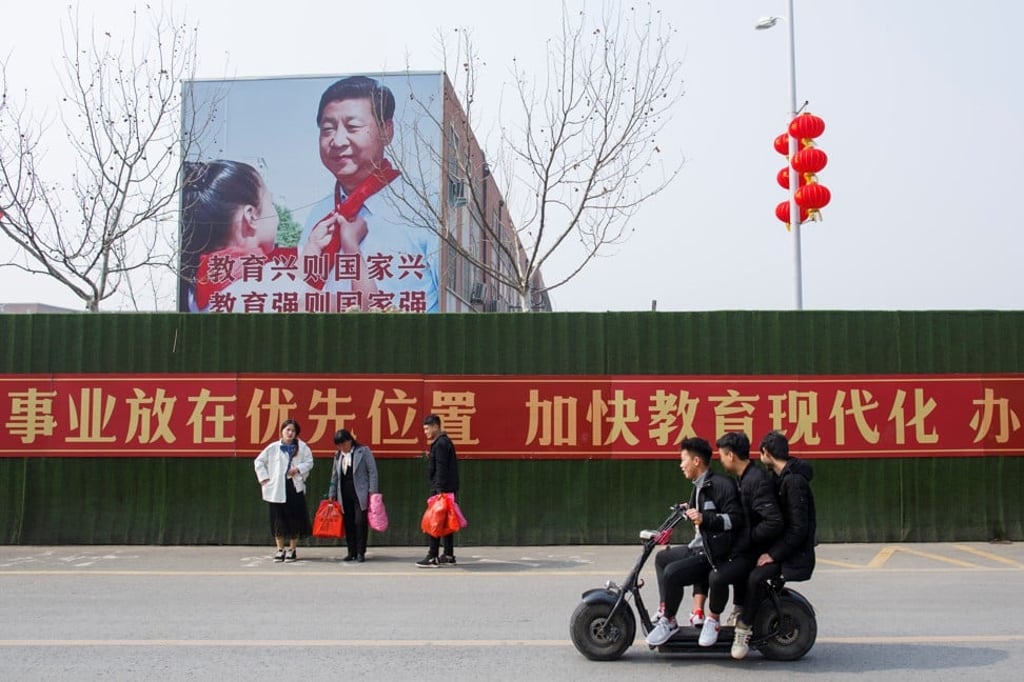Xi Jinping calls for ‘new Long March’ in dramatic sign that China is preparing for protracted trade war
- Xi Jinping told cheering crowds in Jiangxi: ‘We are now embarking on a new Long March, and we must start all over again’
- His comments come amid an increasingly sour mood in official Chinese media, which have become more forceful in anti-US rhetoric since trade war talks collapsed

Chinese President Xi Jinping has called for the nation to embark on a new Long March and “start all over again”, in the most dramatic sign to date that Beijing has given up hope of reaching a trade deal with the United States in the near term.
“We are here at the starting point of the Long March to remember the time when the Red Army began its journey,” Xi told cheering crowds on Monday, in footage posted on state broadcaster CCTV’s website on Tuesday. “We are now embarking on a new Long March, and we must start all over again.”

The economy is already slowing and the trade war could trim as much as 1 per cent from its gross domestic product, Wang Yang, one of the seven members of the elite Politburo Standing Committee of the Communist Party of China, said last week.